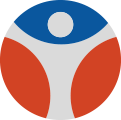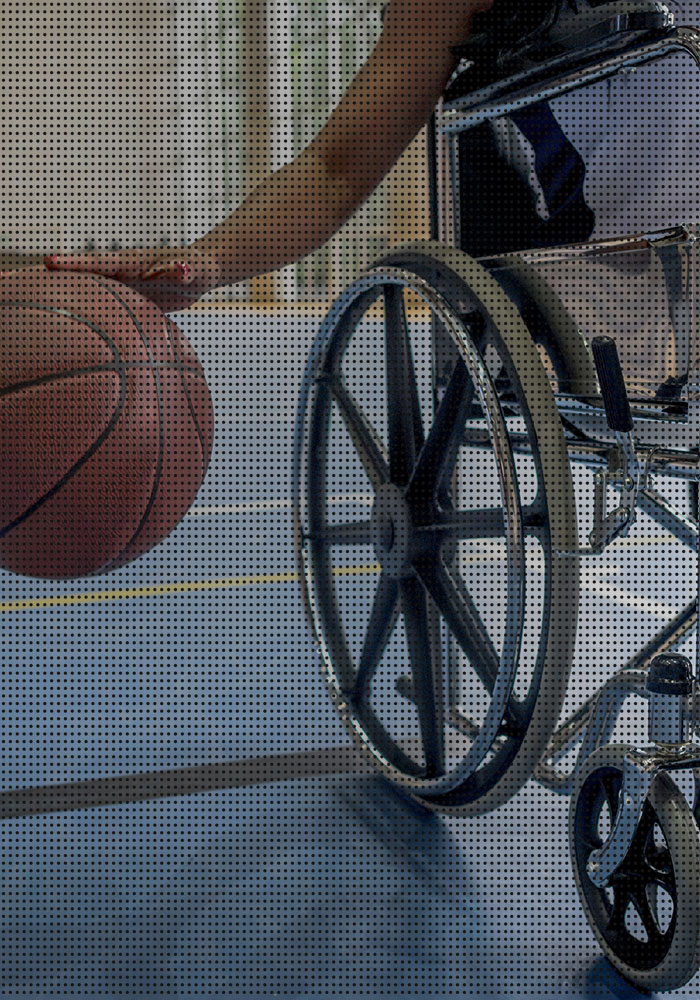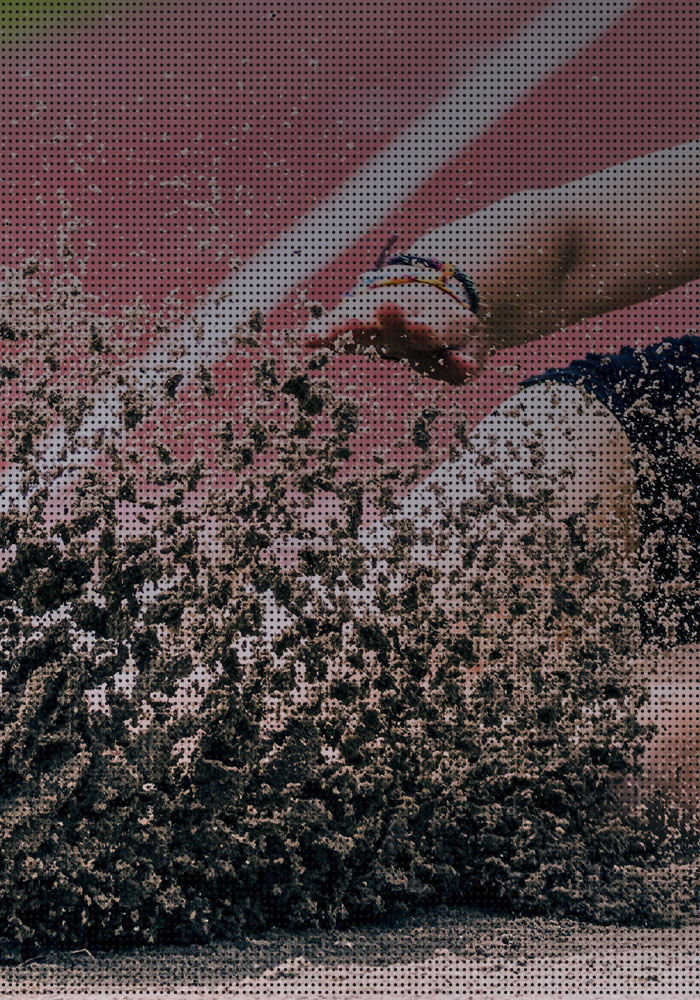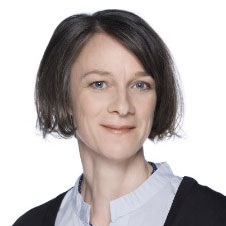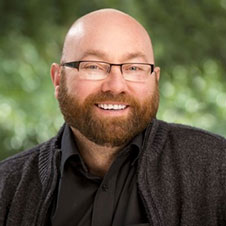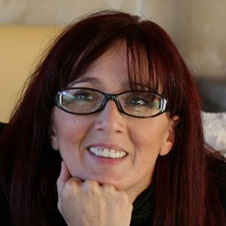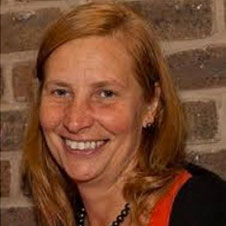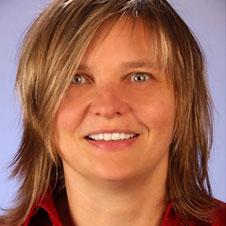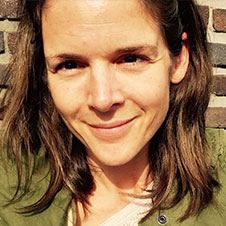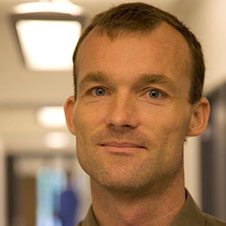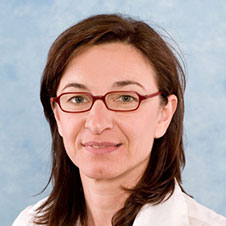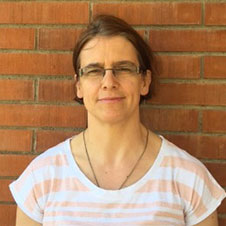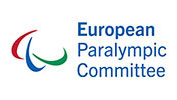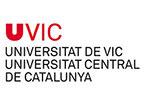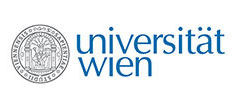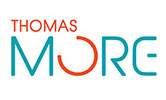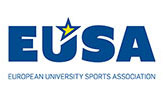+ Edge Hill University – Dr. Mike Hartill
Edge Hill University (EHU) is situated in Ormskirk, in north-west England providing undergraduate as well as postgraduate programmes. In 2014 it was named ‘University of the Year’ in the Times Higher awards. The Department for Sport & Physical Activity is the largest department in the institution with over 40 academic staff teaching and researching across a range of sport-related disciplines. Over the past fifteen years the department has developed research in child maltreatment in sport contributing to the department’s Sport & Physical Activity research being ranked in the top 25 in the UK for its research impact in the national Research Excellence Framework (REF) 2014.
+ University of Ljubljana – Prof. Dr. Mojca Doupona Topic
The main mission of the Faculty of Sport at the University of Ljubiljana is to educate, train and qualify sports experts for various profiles of work in sport such as Physical Education, Health and Fitness, and Sport Management. The specific objective is to prepare educators, researchers and professionals at university level who will be involved in activities aimed at the achievement and maintenance of the best possible conditions of psycho-physical wellbeing in our society, in schools, in communities, in work environments and in sport activities, both competitive and recreational.
+ University of Southern Denmark – Dr. Jan Toftegaard
The Active Living (AL) research group at The Institute of Sport & Biomechanics at the University of Southern Denmark has significant experience in measuring population impacts of prevention and health promotion interventions. AL is highly engaged and qualified in evaluating “real-world” interventions to determine program impacts and final outcomes under typical conditions – with the aim of producing balanced assessment of both internal and external validity of specific interventions. AL has wide experience with conducting setting-based intervention trials – typically at school, sport organisations, community and/or municipal level.
+ University of Vienna – Ass.-Prof. Dr. Rosa Diketmuller
The Institute of Sport Science is part of the University of Vienna. The University of Vienna is the largest teaching and research institution in Austria and one of the largest in Central Europe. Five professorships and about 30 academic positions exist at the Institute of Sport Science. In total around 1,500 students are enrolled at the Institute of Sport Science studying either Sport Science or Physical Education.
+ University of Antwerp & Thomas More University College – Tine Vertommen
The Collaborative Antwerp Psychiatric Research Institute (CAPRI) is the scientific research center of psychiatry and mental health at the University of Antwerp, and is led by Prof. Bernard Sabbe, MD, PhD. Two of the current research domains are ‘psychotherapy’ and ‘forensic psychiatry’. CAPRI has expertise in the treatment of both victims and offenders of sexual violence, and has extensive experience in conducting qualitative research on sensitive issues. One of the ongoing projects in CAPRI is the PhD trajectory of Tine Vertommen, MSc in Criminology and MSc in Ethics, on interpersonal violence in sport.
+ University of Vic – University Central of Catalunya – Dr. Montserrat Martin
The University of Vic has been offering the degree of Sport and Physical Sciences for over a decade. The department of Physical Activity and Sport Sciences, has three active research groups. The research group of Dr Montserrat Martin (GREAF) integrates social and health issues related to sport comprising two main research areas: (i) the promotion of the physical activity amongst sedentary sectors of population; (ii) preventing sexual abuse and harassment (sexual violence) in sport. In October 2012 Dr Martin hosted the first ever seminar in Spain on sexual abuse and harassment in sport and in June 2013 the High Council of Sport in Spain invited Dr Martin to organize and lead a seminar in sexual abuse and harassment in sport.
+ European Non-Governmental Sports Organisation / Michael Leyendecker
ENGSO-Youth – the youth-organisation of ENGSO – advocates for children and youth sport in European countries and is responsible for the education of children and young people organised in sport. ENGSO Youth is working to develop the sporting culture in which children and young people are encouraged to participate in decision-making processes at all levels. ENGSO Youth is specialized for promoting topics such as sport, health, inclusion, participation, intercultural dialogue, volunteering of young people in European sports, equal opportunities and international cooperation.
+ European Gay & Lesbian Sport Federation / Annette Wachter
The EGLSF represents more than 100 LGBTIQ Sport organisations, which represent more than 20,000 LGBTI athletes in over 20 European countries. The EGLSF is also well linked with numerous sport organisations, such as National Olympic Committees, grassroots sport organisations and federations. In conjunction with the Annual General Assembly of the EGLSF members and also combined with the EuroGames, EGLSF is organizing conferences with special focus on LGBTI related issues in Sport. The EGLSF has gathered significant experience and expertise in EU project management through its own project “Pride in Sport” (funded by the European Commission) and by its involvement in other, non EU funded projects of similar kind.
+ European Paralympic Committee / Saskia Kanfer
The EPC is a European non-profit-making organisation supported by the European Union and the Austrian Government. The EPC seeks to promote and develop Paralympic sport at an equal level to the mainstream sport movement. It is run by European National Paralympic Committees and the European branches of the International Organisations of Sports for the Disabled. The purpose of the EPC is to promote and defend the collective interest of European athletes with disabilities without discrimination on the grounds of religion, economics, disability, gender, language or ethnic origin. In this regard, EPC focuses especially on an ethical sports environment that advocates the rights of athletes and safeguards them from discrimination and violence.
+ European University Sports Association / Andrej Pisl
EUSA is the governing body for university and college sport in Europe, having 45 national university sports member associations. It links national university sport federations, universities, teams, individual competitors, volunteers and other partners throughout Europe.
EUSA’s mission is to maintain and develop regular communication between the national federations; to co-ordinate competitions, conferences, mass-sport-events and other activities; to represent university sport in general and the member federations in particular in relation to various European bodies; to disseminate throughout Europe the ideals of university sport in close collaboration with the International University Sports Federation (FISU) and other European organisations and institutions.
+ NWG-Network / Sheila Taylor
The NWG Network is a charitable organisation consisting of over 500 organisations with 8000 practitioners working to tackle the issues of Child Sexual Exploitation and Trafficking within the UK. NWG provides strategic and operational support to services offering support to young people and influences change at government, national, regional and local levels. The Aims of NWG Network are to provide a forum for projects or organisations concerned with the exploitation of young people, to provide links into current research, policy and project developments within the field and offer the opportunity for examples of good, bad and developing practice to be shared and discussed.
